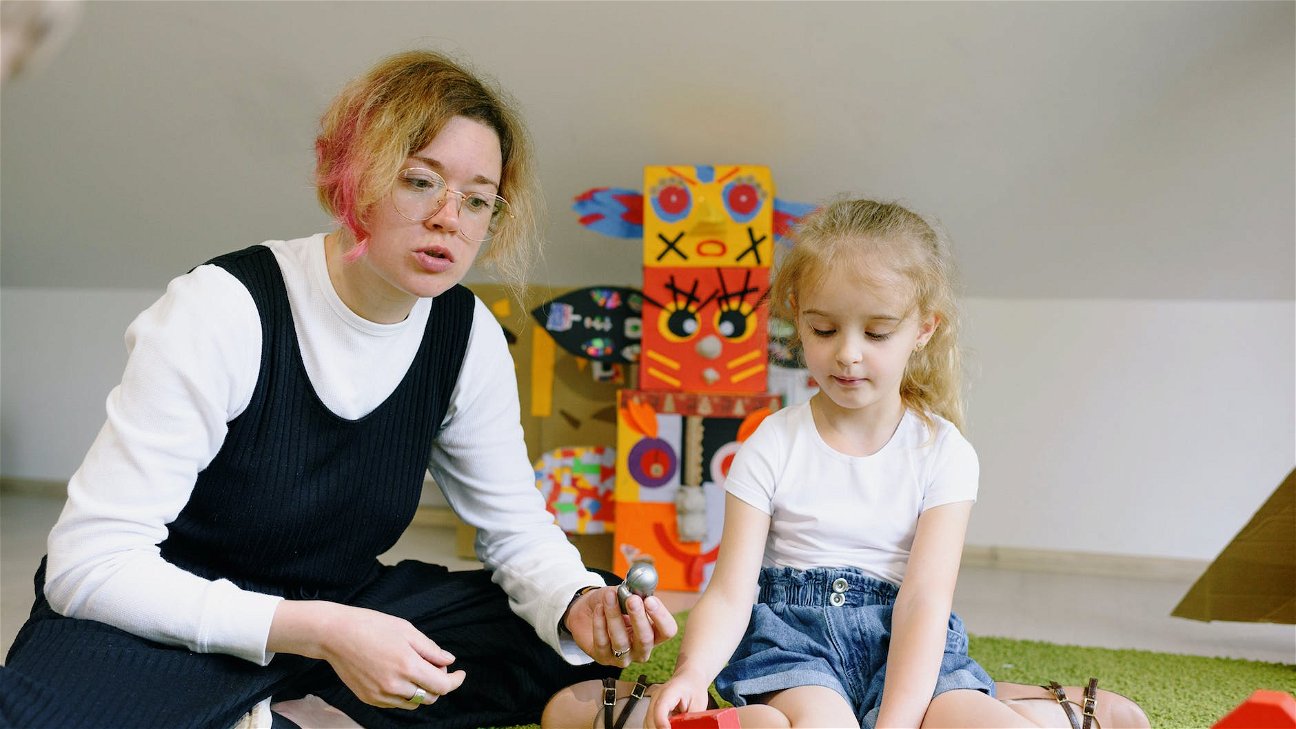
Empathy is more than just understanding and sharing the feelings of others. It's about compassion, kindness, and respect for others. Teaching our kids about empathy at a young age is one of the most valuable lessons we can impart. It helps them develop a sense of moral responsibility, fosters their social skills, and contributes to a more understanding and caring society. Here are three essential lessons on empathy for your little ones.
Lesson 1: Understanding feelings
The first step to teaching empathy is helping children understand their own feelings, and that others have feelings too. Use every day situations to highlight this. When a sibling takes a toy without asking, or a friend is sad because they missed out on a treat, talk your child through these situations. Explain how the other person might be feeling. "See how your sister is upset because you took her toy? How would you feel if the same thing happened to you?"
To make this more interactive, consider using empathy games or activities. For instance, role-playing can be a fun and effective way to teach about feelings and empathy. Try acting out different scenarios, and ask your child to explain how the characters might be feeling.
Lesson 2: Showing compassion
Once a child understands that other people have feelings too, the next step is to teach them how to respond appropriately. This is where compassion comes into play. Compassion is understanding someone's pain and wanting to do something about it. It's the action part of empathy.
Discuss different ways they can show compassion. This might be sharing their toys, giving a hug, or simply being there for their friend. To highlight this, consider incorporating compassion-themed books into their reading time. Books like "A Sick Day for Amos McGee" by Philip C. Stead or "The Invisible Boy" by Trudy Ludwig are great resources for this lesson.
Lesson 3: Respecting differences
The third lesson revolves around teaching children to respect differences. It's about understanding that everyone is unique, and that's okay. We all have different likes, dislikes, strengths, and weaknesses. Respect is appreciating these differences and not making fun of someone because they're different.
Use examples from real life, TV shows, or books to highlight this. Talk about how it's okay for someone to like different things or to be different. Explain that just because someone is different doesn't mean they're weird or wrong.
To sum up these lessons, here's a simple table:
Emphasize that learning empathy is a journey. It takes time and practice, but it's worth it. Remember, teaching by example is the most powerful way to teach empathy. So, show empathy in your actions, and your kids are likely to follow suit.











